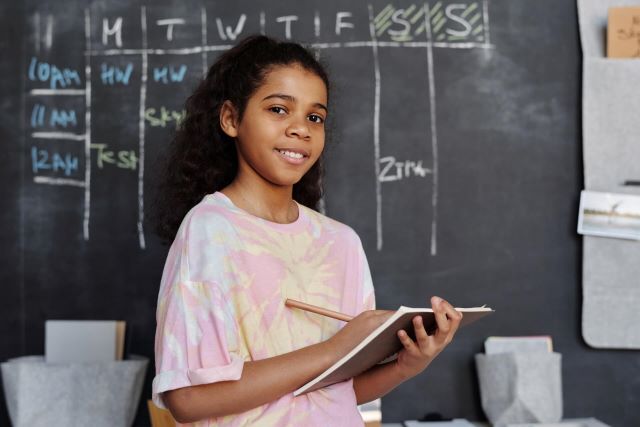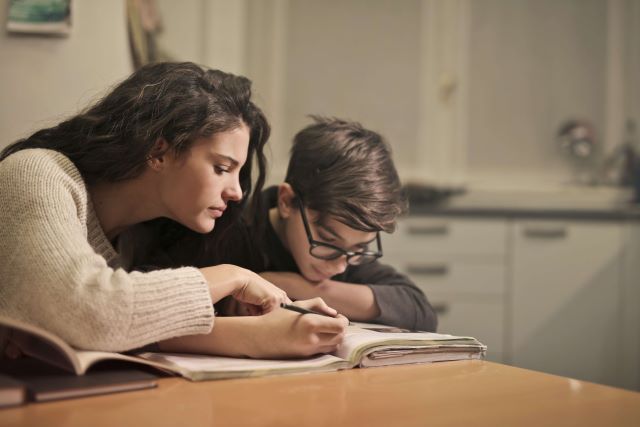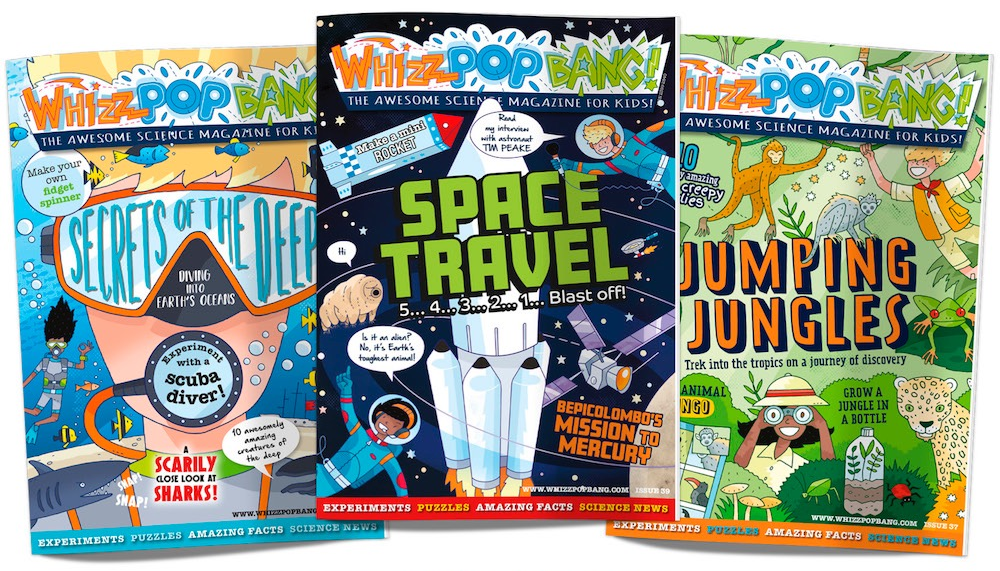by Helly Douglas
Reducing capacity of schools has had a huge impact on children, particularly those in year six. Leaving primary school is always a challenging time, but this year it feels harder than ever.

We asked childhood mental health specialist Dr Naira Wilson for ideas to help you support your child as they prepare to finish school during the COVID-19 outbreak.
Has your child recently returned to school, or are they going back soon? Read Naira’s advice on how to handle returning to school during the pandemic here.
1: Accept what you can’t control
You can’t change a global pandemic. Acknowledge how unfair it is but don’t dwell on the negatives.
Naira suggests, “Limit how long you spend thinking about things that are out of your control. Remember regular self-care like having enough sleep, enjoying activities and getting into nature. It doesn’t help to keep worrying.”
As children grow up, they see that worries are a normal part of life. Worries don’t have to control our actions or make choices for us. Instead we learn to live with them. If your child is struggling to cope with the impact of the pandemic on life generally, check out Naira’s tips here.
2: Find new ways to say goodbye
Every school has rituals and celebrations for school leavers. It’s a chance for reflection, to come together and say goodbye.
Rather than dwelling on what lockdown restrictions have spoilt, we can accept the chance to make new experiences. It’s time to create different rites of passage.
Your child could:
- Create a memory book of photos and special certificates
- Write letters or emails to favourite teachers
- Pose for photos in their uniform on the last day of term
- Enjoy video calls with friends
- Create a time capsule to bury for the future
It’s inevitable they will feel a sense of deflation that usual events won’t happen. Emphasise what they can do. Make the end of term feel special, rather than let it slide by uncelebrated.
3: Help them create their own story

There’s never just one version of events. Everyone has different stories they can tell about their lockdown experience. Your child could focus on the negatives or choose to tell a positive story about how they coped with the changes. What’s the story they will take from this experience?
Naira recommends your child writing a letter to themselves six months in the future. Keep it to send back to them. “How did you grow? What was stressful or tense? What new opportunities did this bring?” she suggests asking. “These questions help them see that this experience will make them different, in a good way.”
4: Talk about leaving school
Saying goodbye to primary school is always bittersweet. There’s lots to look forward to but much to miss. Naira explains, “We grow from feeling uncomfortable and experiencing changes. It helps us develop and we are better because of it.”
Talk together about school and favourite memories. Let them share their feelings about changing school. Reassure them it is normal to feel anxious about leaving a familiar place.
5: Think about their new school
Moving onto secondary causes anxiety because there are many unknowns. You can help by giving them agency over preparations for year seven. They can plan what they need to prepare for the start of term and practise their route to school.
Information helps us feel in control of new situations. Look at photos and share news and emails from the new school. Naira suggests being confident in not knowing everything about what secondary school will be like. Write questions they’d like to find the answer to.
6: Know when they need extra help
We want to normalise feeling worried about leaving primary school but not ignore or dismiss it. If you’re concerned about your child, trust your instincts. Problems sleeping, loss of appetite or not wanting to do things they enjoyed before, are all signs that they aren’t okay.
Treat mental health like physical health. Naira says, “If you had a rash that was getting worse, you wouldn’t leave it, you’d get help.” Talk to your child’s teachers if you are worried about how they are handling the transition. If things don’t improve, or get worse, contact your GP for help.
COVID-19 has been a huge time of change and children have learnt how to cope with it. Whether they return to school or stay at home, the end of year six can still be a time of celebration. A different end to school is another change they will manage and grow stronger from.
If you’re feeling very anxious about coronavirus, or are concerned about your child’s mental health, speak to your GP. Click here for the latest advice relating to coronavirus from the UK government. Click here if you think you may have coronavirus symptoms – do not go to your GP, hospital or pharmacy.

Whizz Pop Bang is a top-quality, gender-neutral, advert-free science magazine for families everywhere. Each issue is packed with experiments, activities, amazing facts, puzzles, jokes, riddles and more. Find out more here!
Dr Naira Wilson is a Chartered Clinical Psychologist who specialises in childhood mental health.
